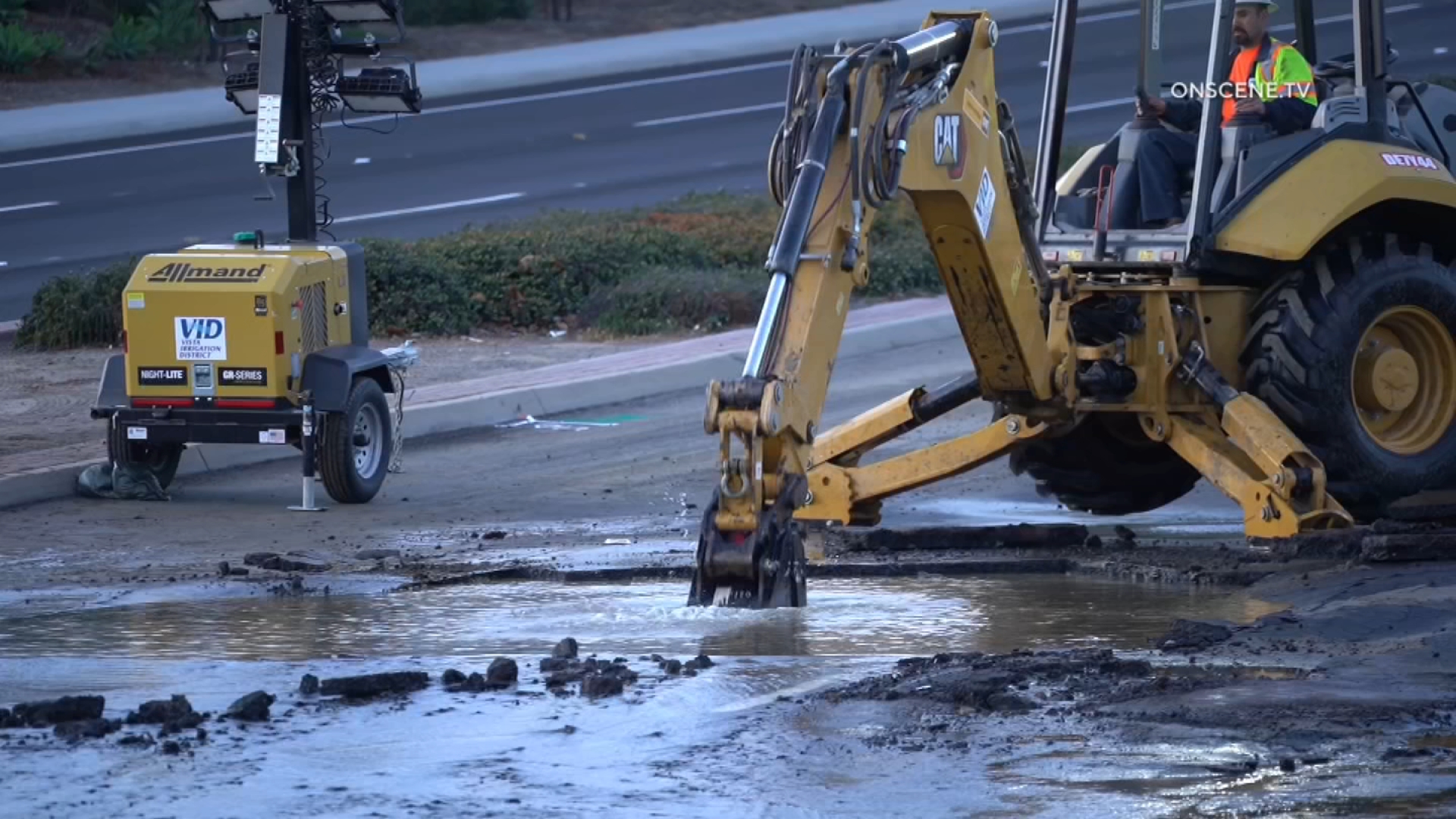Blanca Velazquez and her sister, Cynthia Rodriguez, lost both their parents to COVID-19 on the same day in February. Four months later -- and as California celebrates the reopening of the economy -- the sisters say they haven't gone a single day without crying.
"No, our lives will never be the same," Velazquez said. "We lost everybody; lost a year, we’ll say, but we lost more than that. We lost two of the most important people in our lives," Velazquez said.
Today the sisters say they try to create a routine and structure for Velazquez's 6-year-old son who misses his grandparents.
"I do feel a little jealous of people who get to move on with their lives and have all these parties with their families because there will always be a part of us missing," Velazquez said.
Get top local stories in San Diego delivered to you every morning. Sign up for NBC San Diego's News Headlines newsletter.
The sisters are not alone. More than 62,000 Californians and nearly 4,000 San Diegans lost their lives to COVID-19 since the coronavirus was declared a pandemic in February 2020, leaving thousands without their loved ones as California reopens.
To honor those lost, San Diego City Council Member Stephen Whitburn and community activist Shane Harris held a wreath laying ceremony at San Diego City Hall. Alongside the leaders was a poster with photos of tens of thousands of people who lost their lives.
Coronavirus Deaths in Your City and State — and Across the US
These charts use daily coronavirus death data from Johns Hopkins University to show the seven-day moving average of deaths at the city, state and country level.
The impact of coronavirus varies enormously in the United States from one place to another.
Source: Johns Hopkins University. Data for San Diego also includes Imperial County.
Credit: Visuals by Amy O’Kruk/NBC, data analysis by Ron Campbell/NBC
To cope with the loss, Velazquez says her son now talks to a social worker at school a few times a month and she has also started talking to a therapist. She says one of the hardest parts of trying to move forward is the guilt.
"I think that's something -- guilt. It's the guilt of moving on. I think we have to, we have to get over that feeling because we do feel guilt, we do feel like if I tell her, 'Oh, I'm going to have fun, I'm going to go here,' and then I think 'Oh, I'm not going to have that much fun because you know our parents, our parents aren't with us anymore.' And she's like 'You know what, have fun, they would have wanted you to,'" Velazquez said with her sister sitting by her side.
The multi-generational family all lived under one roof. Velazquez quit her job at the beginning of the pandemic because she feared she would expose her parents to the virus. Her husband, an essential worker, had to continue to work.
The sisters have created a memorial to their parents in the kitchen.
They have also honored many of their promises to their mother. They planted a magnolia tree in the front lawn, with stones in memory of their mother and father and laid a yellow brick road with statues from their mom's favorite movie, The Wizard of Oz. They say they want to continue the traditions their parents began so that the next generation of family members will always have a piece of them
"I want all of us to be together like they wanted us to [be]. So that's my big thing is making sure that the family sticks together and I'm doing it for my parents; that's what they taught us," Rodriguez said.



